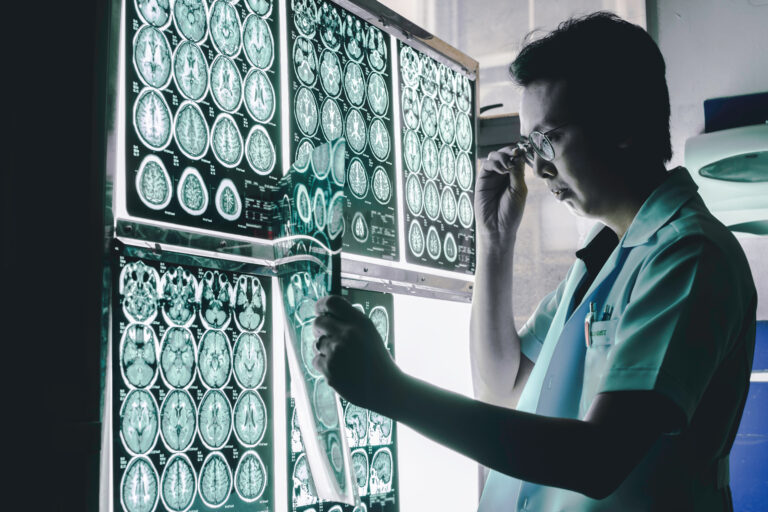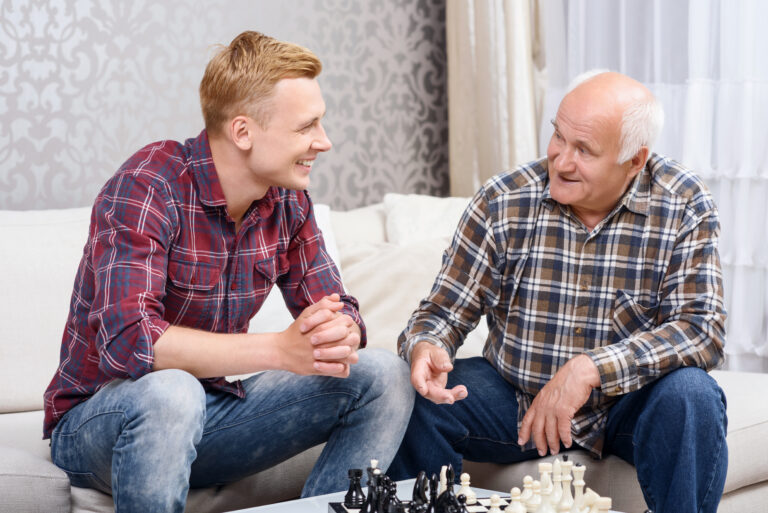Ageism is often thought of as something that happens between people—older adults being treated unfairly or stereotyped by younger generations. But there’s a quieter, more personal form of ageism that takes place inside your own mind. This internal ageism can shape how you see yourself as you grow older and influence your feelings, behaviors, and even your health.
Inside our minds, we carry ideas about what it means to be “old.” These ideas are shaped by society’s stereotypes: that aging means decline, loss of ability, loneliness, or irrelevance. When these negative beliefs seep into our self-view, they create a kind of mental barrier called internalized ageism. Instead of just facing external challenges related to aging, people start doubting their own worth and capabilities simply because they are getting older.
This internal ageism can affect anyone at any stage in life. Even young children begin to notice differences in age and may develop early attitudes about what it means to be old or young. These early impressions lay the groundwork for how we think about aging later on.
One way this plays out is through the concept of “subjective age,” which is how old you feel compared to your actual chronological age. People who feel younger than their years tend to have better mental health and well-being because feeling “young at heart” helps them stay engaged with life’s activities and challenges. On the other hand, if someone feels older than they really are due to negative self-perceptions tied to aging stereotypes, it can lead to anxiety or depression.
The mind has ways of coping with these feelings too. Some people try to hold onto a youthful identity by focusing on parts of their lives where they still feel capable—like hobbies or social roles—and downplaying areas where physical changes might limit them. This mental adjustment helps maintain a positive self-image despite the realities of growing older.
However, when internalized ageism becomes strong enough, it can cause real harm beyond just thoughts—it may increase feelings like loneliness or anxiety especially among those who have experienced losses such as bereavement in later life stages.
Understanding this inner form of bias opens up new ways for individuals and society alike to support healthier attitudes toward aging—not only by challenging stereotypes outwardly but also by nurturing kinder inner dialogues about growing older.
Instead of seeing aging as a downhill slide marked only by loss and decline inside your mind lies an opportunity: embracing growth through acceptance while adapting creatively allows for continued fulfillment throughout all stages of life—even when physical changes occur or roles shift over time.
By recognizing the subtle ways we might judge ourselves based on our age internally—and choosing instead compassion—we create space for richer experiences regardless of numbers on a birth certificate.





